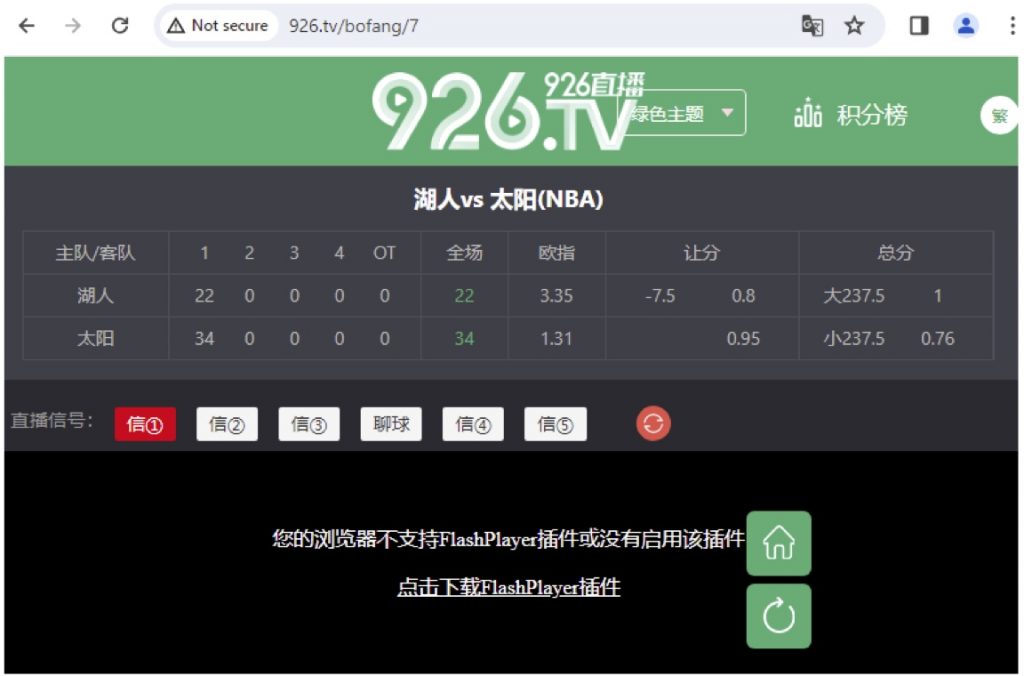The Singapore High Court ordered the blocking of 26 illegal streaming sites and more than 100 associated domains responsible for the distribution of illegally streamed content in Singapore. The order coincided with a campaign by the Asia Video Industry Association’s Coalition Against Piracy and its members against online piracy in the region.
BBC Studios, LaLiga, the Premier League and TVB International applied for the blocking order, which follows on from a similar order obtained in Singapore by the Premier League in March. In recent years hundreds of illegal streaming sites and hundreds more associated domains have been blocked, which were offering access to highly popular programming; including premium sports, drama and entertainment.
Consumers of the top 25 illegal sports streaming sites in Singapore were found to have a 48% chance of encountering a cyber threat, according to study by the consultancy Cyberstronomy, published in February 2024; which summarizes a technical evaluation conducted by ScamAdviser.
Risks to consumers detailed
Consumers of these illegal sites had a 3.5x higher likelihood of being scammed in comparison with mainstream sites relative risks were based on an unweighted assessment of scam features identified by ScamAdviser, including the use of DNS registrars known to be associated with scam sites, and high Alexa ratings despite being newly registered.
A summary of the study released via SSRN noted that out of the three most popular illicit streaming devices (ISDs) used by Singapore consumers, a number of malicious applications were identified, with up to 243 malware samples detected across 115 .apk files.
Advertising was also measured across the same 25 illegal streaming sites. After viewing each page ten times, evaluators found that a majority (54%) of the ads displayed were categorized as “high risk,” and more than a third of every 100 page views exposed consumers to such high-risk ads.

Other threats include a familiar list: of fake streaming platforms that mimic legitimate ones, malware distribution, phishing, identity theft, credit card fraud and exploitation of user data. The Cyberstronomy study identifies control (legitimate) and experimental (suspected pirate) sites in its appendices.
The Cyberstronomy study is very similar in scope and in conclusions to studies of the US market conducted by the Digital Citizens Alliance in recent years. ScamAdviser offers tools – including a consumer Web browser plug-in – to detect untrustworthy Web sites.
Further reading
Wider risks of online piracy in Singapore continue to be felt as Singapore courts order more sites blocked. Press release. April 15, 2024 (Singapore time). Coalition Against Piracy, Asia Video Industry Association.
Scams, Cyber Threats and Illicit Sports Streaming in Singapore. Abstract. February 2, 2024. SSRN
Scams, Cyber Threats and Illicit Sports Streaming in Singapore. Full report. Written January 30, 2024. Paul Watters. Cyberstronomy Pty Ltd.
Why it matters
Site blocking has become a standard anti-piracy tool for many countries in the South Asia region, with Singapore an early adopter of the practice in 2014. Author Watters identified several actors contributing to Singapore’s leadership include widespread high-speed access to the Internet, government policies including its Smart Nation Initiative, heavy R&D investment, digital governance, and Singapore’s role as a hub for technology startups that attracts innovation.
“Blocking access to pirate sites also brings wide benefits, not least of which include protecting consumers from the demonstrable harm such as viruses, malware and data theft that many pirate sites are specifically designed for,” said CAP’s General Manager, Matt Cheetham. “Such pirate sites are honey pots, designed to attract consumers with offers of ‘free’ content when in fact the consumers are the products, targeted by the criminals running the sites for cyber scams and other cyber threats,” he said.












